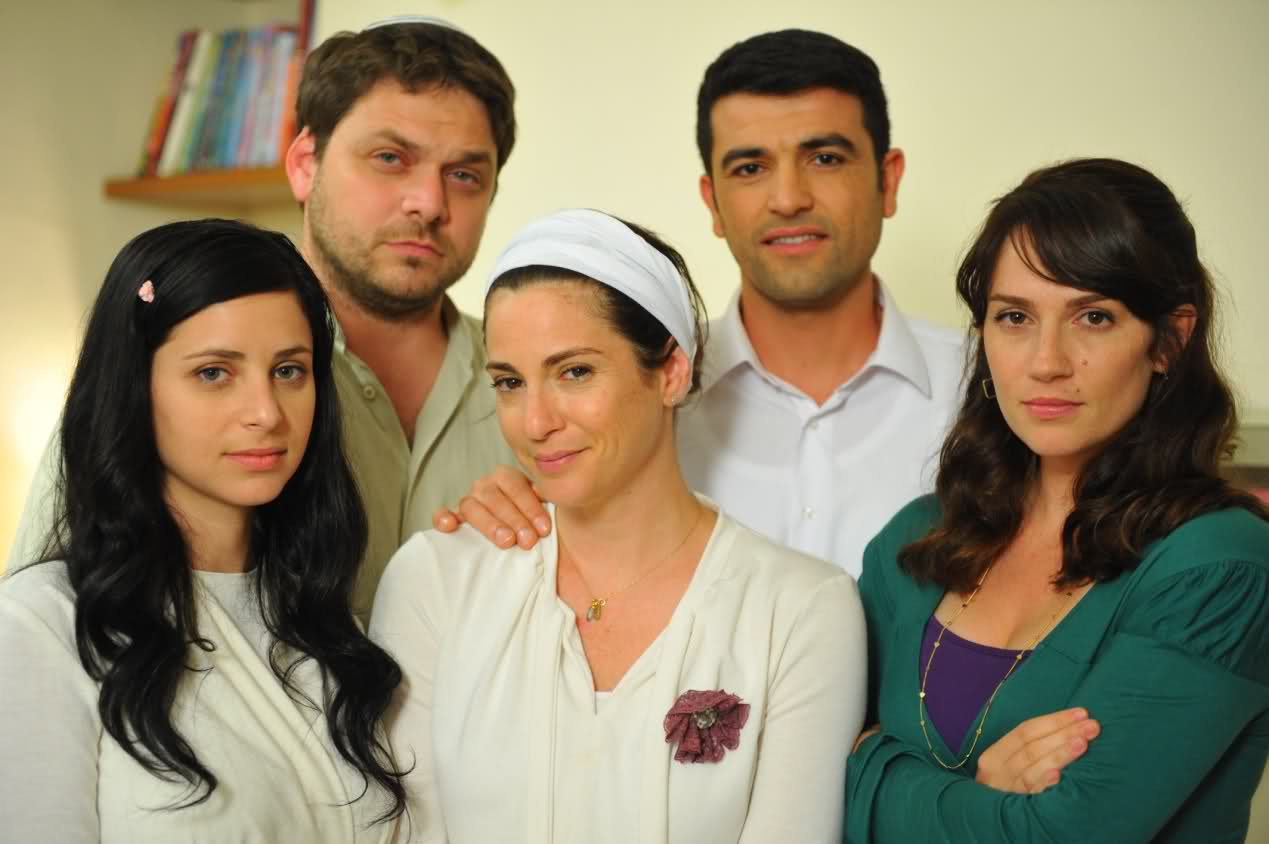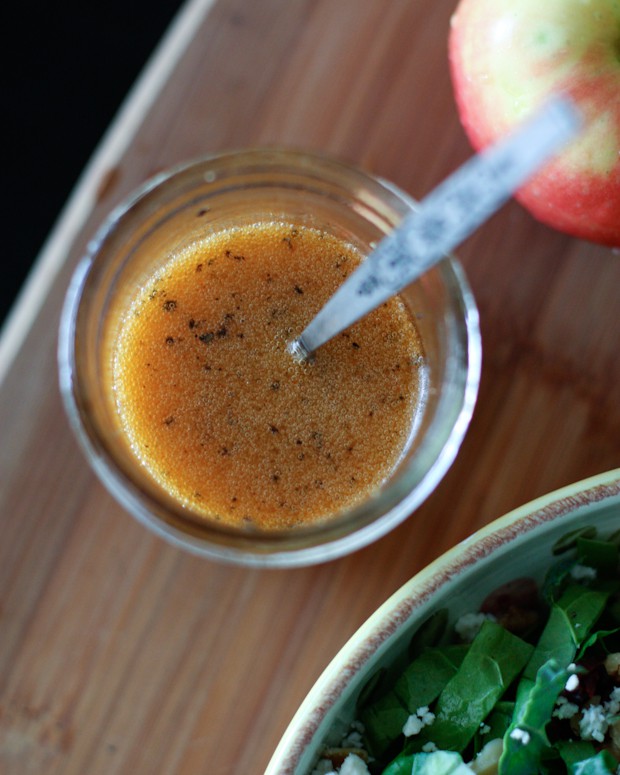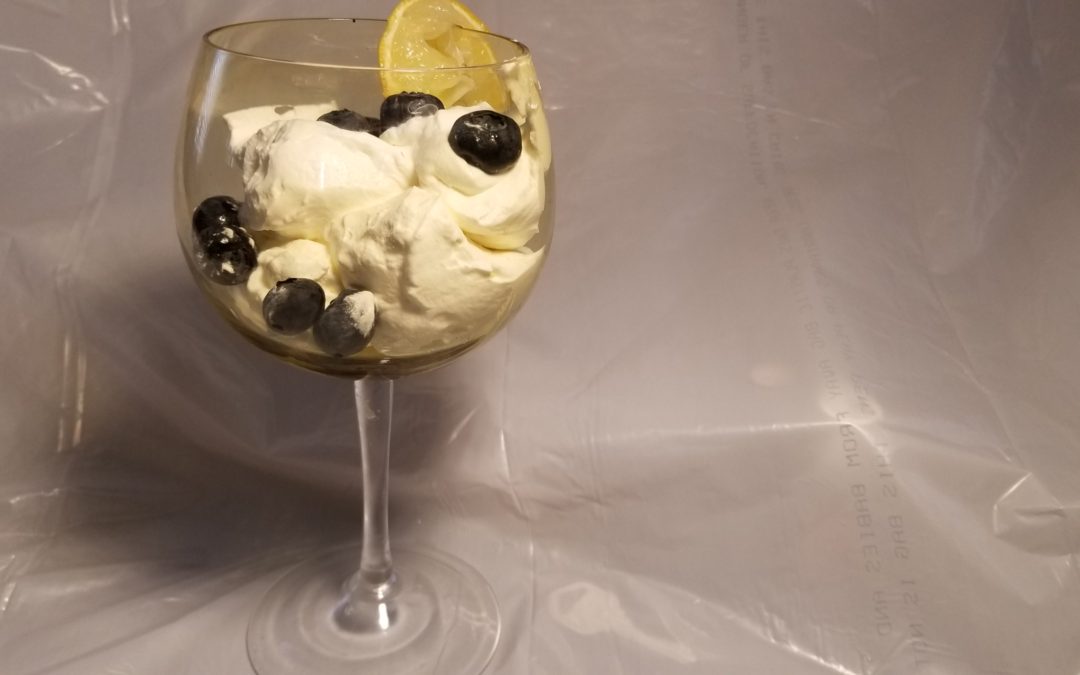The show's creator, Michael Schur, fell headfirst into philosophy while creating and maintaining this series. Schur seems to be obsessed with niceness and ethics (he has a "no jerks" policy for anyone working for him).
The idea that excited Schur, for his next sitcom, was both simple and
infinitely complex: what it means to be a good person. It was an idea he
had been obsessed with in different forms for many years — and that had
crystallized for him back in 2005, when Jennifer Philbin, who is now
his wife, got into a very minor traffic accident with a man driving a
Saab. No one was hurt, and no visible damage was done, and yet the
incident would become, Schur later wrote, “one of the most interesting
and complicated events of my adult life.” When the Saab driver filed
what Schur thought was an unnecessary insurance claim and demanded $836
for bumper damage, Schur countered with a grandly high-minded
alternative. If the man would drop his claim, Schur said, he would
donate the $836 to victims of Hurricane Katrina. Schur’s plan went
viral, and friends and supporters jumped in to pledge more than $30,000 —
an incredible philanthropic victory — and yet Schur began to feel a
growing sense of unease. He suspected that his mission was not, perhaps,
entirely righteous. There was an element of grandstanding to the
gesture, of moral one-upmanship, and Schur spoke about it with his
family and colleagues and even professors of ethics. He became
fascinated by the ways people can rack up ethical credits and debits all
at the same time. This, eventually, would become the subject of his
show.
It made me realize that Judaism would have a relatively simple answer to this question. Yes, perhaps there would be "grandstanding" and "moral one-upmanship," but it doesn't matter what one's motivation is, as long as charity is going to the right people.
A character says, "What makes us good is our bonds to other people and our innate desire to treat them with dignity.” Sounds right.
In a low moment, I mentioned to Hieronymi (the show's "consulting philosopher") that American culture seems to
have abandoned ethics. She disagreed strongly. “It’s amazing to me how
moralized and moralistic we seem to be,” she said, “especially right
now. It’s just a cultural blamefest.” All the arguments that rage every
day across social media and cable news — racism, reverse racism,
statutes of limitations, reparations — are fundamentally about ethics.
Even the top-down distractions meant to derail these conversations are
conducted under the guise of earnest concern for right and wrong.
When people complain "how bad things are nowadays," they don't seem to realize that the world used to operate without any morals whatsoever. Lower classes were exploited and treated like chattel. Life was cheap. Existence was about getting ahead, at the expense of everyone and everything.
Religion used to be the only source of ethics, and even then the supposedly devoted failed miserably. But contemporary agnostics, atheists, and those who follow organized faith all want to be good people.
Schur told me he wants to stress, in his show, the
hard work of morality. So much of our ethical life is about thankless
grinding drudgery, daily feats of internal strength, a constant
invisible resistance.
“It feels, all the time in life, like a bad
decision is right in front of you,” Schur said. “No matter who you are,
there’s the opportunity to make bad decisions and hurt people. And it
takes work just to keep not making those bad decisions. It takes a lot
of concentrated effort to do the right thing all the time. Hopefully,
you get so used to it, and it becomes such a part of who you are, that
it doesn’t take work — you’re on autopilot making good decisions. But
not always, and for a lot of people, not ever. You don’t have to look
very hard to see a group of people in this country who have given in and
are just making the worst decisions you can make. . .”
That's the perk of religion. We are raised, from childhood, that certain behaviors are unacceptable, and it is second nature for many of us. Sure, each of us does struggle with certain not-nice drives, but we know that is what our purpose here is.
In the face of so much badness, Schur said, it is always tempting to give up. But the heroic thing is simply to try.
“You have to work at it, every day,” he said.
“It’s so hard. The temptation will always be there to go: ‘Oh, no one’s
watching. No one’s looking. I’ll just do this.’ Whatever ‘this’ is. If
you throw a coffee cup at a garbage can and you miss, you could just
walk away. The amount of bad you put into the universe is very minimal.
But someone else is gonna have to come along and pick that thing up, and
it sucks. It’s not that person’s problem, it’s your problem. And it’s a
very slippery slope. . . "
We believe that we are watched, all the time. I heard a speaker once ask: "If you were alone in a room with a sandwich on Yom Kippur, would you eat it?" The audience was horrified. "But if you were alone in a room with a pile of money, would you take any?" The audience was now thoughtful. But we still do believe that we are never "alone in a room." We will always be accountable.
“And now the next thing is like, whatever — you
cheat on your taxes. And you get away with it, because government
bureaucracy is bad at picking up on tiny errors people make. And you’re
like: All right, nobody got hurt. Because you’re not thinking about the
school 82 miles away that couldn’t afford new textbooks because they
didn’t get enough tax revenue and had to lower the school budget. All
you’re thinking about is, I saved $400 by cheating on my taxes, that’s
pretty cool. The window just keeps shifting, and eventually you become
the kind of person who is making the bad, selfish, wrong decision by
default instead of the good one. And then 15 years have gone by.”
We also believe that every person can achieve salvation, even in the blink of an eye.
". . . Do you give up or do you try? And they decide to try. And that is what
the whole season is like. We’ll keep trying as long as we can. We’ll
keep trying. No one is perfect. No one will ever win the race to be the
best person. It’s impossible. But, especially since starting this show, I
just think everyone should try harder. Including me."

 For those who are new to AHAs (alpha hydroxy acids), it would be wise to apply a layer of Cetaphil moisturizer first, then this on top. The serum, for instance, is so potent that it stings if I put it straight on my face.
For those who are new to AHAs (alpha hydroxy acids), it would be wise to apply a layer of Cetaphil moisturizer first, then this on top. The serum, for instance, is so potent that it stings if I put it straight on my face.  The same premise applies as with the AHA; apply Cetaphil first, then this on top. (A dermatologist told me to do that, by the way.)
The same premise applies as with the AHA; apply Cetaphil first, then this on top. (A dermatologist told me to do that, by the way.) 


























